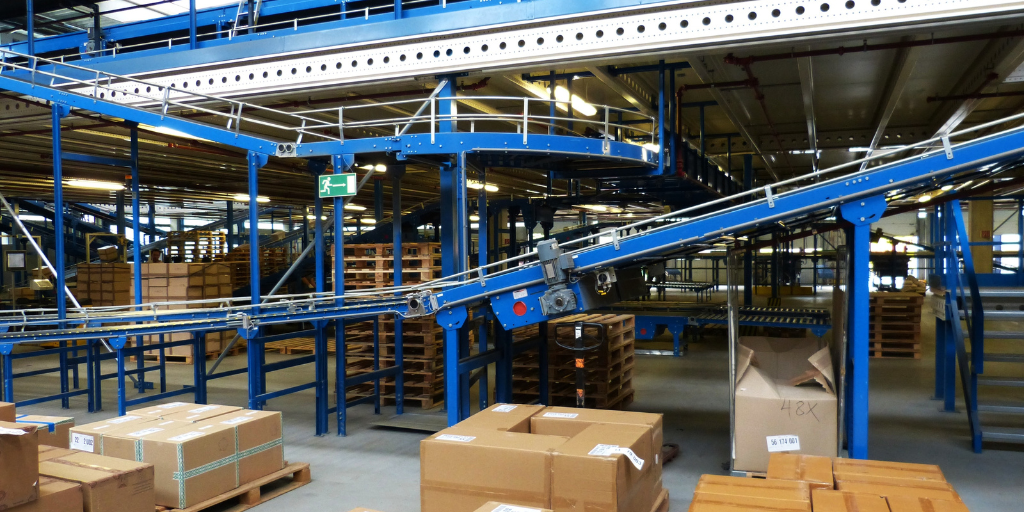A $2.5M Savings Success Story for a Seasonal DTC Brand

Industry
Manufacturing
Challenge
The client faced severe logistics challenges due to the seasonal nature of their business, leading to bottlenecks in receiving and shipping during peak periods. The use of multiple carriers for inbound and outbound shipments further complicated the process, resulting in inefficiencies and higher costs.
Results
GLI’s strategic optimizations for this $200M Direct-to-Consumer company delivered over $600K in inbound freight savings within 18 months, eliminated receiving bottlenecks, and ensured trailers were unloaded within 24 hours during peak season. Outbound shipping improvements saved $2M in the first year by reducing carriers from four to two, cutting transit times by two days in key regions, and slashing customer complaints—all while boosting efficiency and profitability.
Services
Managed Logistics, LTL, Truckload, Parcel
GLI's strategic approach to our freight program transformed our operations. The efficiencies gained and cost savings were beyond our expectations.
VP Operations
Manufacturing Company

About This D2C Brand
The Direct-to-Consumer company is a $200M seasonal retail business with over 40% of its annual sales occurring between Thanksgiving and Christmas. Operating from a West Virginia distribution center, they manage high-volume shipments to fulfill customer demand during peak holiday seasons.The Situation
This seasonal DTC retailer faced immense logistical hurdles due to the nature of their business, with 40% of annual sales concentrated in the tight window between Thanksgiving and Christmas. Operating out of a distribution center in West Virginia, the company struggled with inefficiencies in both inbound and outbound freight operations.
Hundreds of vendors shipped to the center using carriers of their choice, leading to a yard full of trailers waiting days to unload during peak season. Meanwhile, outbound small parcel shipping was fragmented across multiple carriers, creating unnecessary complexity, higher costs, and delays for customers.
The Solution
GLI stepped in with a comprehensive strategy to overhaul the company’s logistics processes. First, they shifted vendor shipments to a freight-collect model, gaining control of carrier selection and renegotiating product pricing to exclude shipping costs. The team reduced the carrier base for inbound shipments to a select few trusted partners, including transcontinental and regional LTL carriers. To address receiving inefficiencies, GLI introduced a system to flag back-ordered items, enabling carriers to prioritize those shipments for faster unloading.
On the outbound side, GLI analyzed historical shipping data and consolidated the parcel carrier mix from four to two, renegotiating terms to improve transit times and reduce customer complaints. The program was further refined in the following year to deliver even greater cost savings and operational simplicity.
The Results
GLI’s tailored solutions transformed the company’s logistics operations and unlocked significant cost savings. Inbound freight costs dropped by $600,000 within 18 months, and receiving bottlenecks were eliminated entirely, allowing trailers to be unloaded within 24 hours, even during peak season.
Outbound improvements saved $2M in the first year by streamlining the carrier mix and cutting transit times by two days in key regions. These changes not only enhanced operational efficiency but also dramatically reduced customer complaints, delivering a superior experience for the company’s customers.
Thanks to GLI, we experienced a dramatic reduction in customer complaints and improved delivery times. Their expertise in logistics is unparalleled.
- Director of Operations, Manufacturing Company

